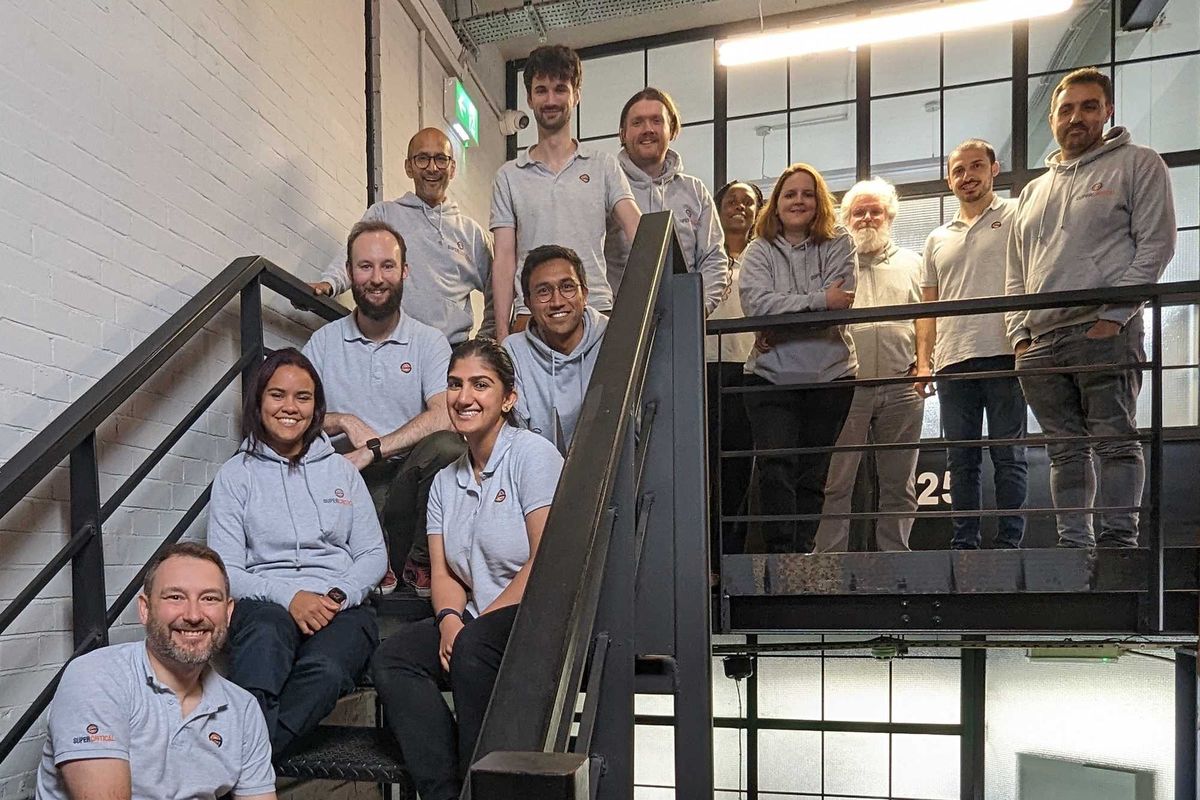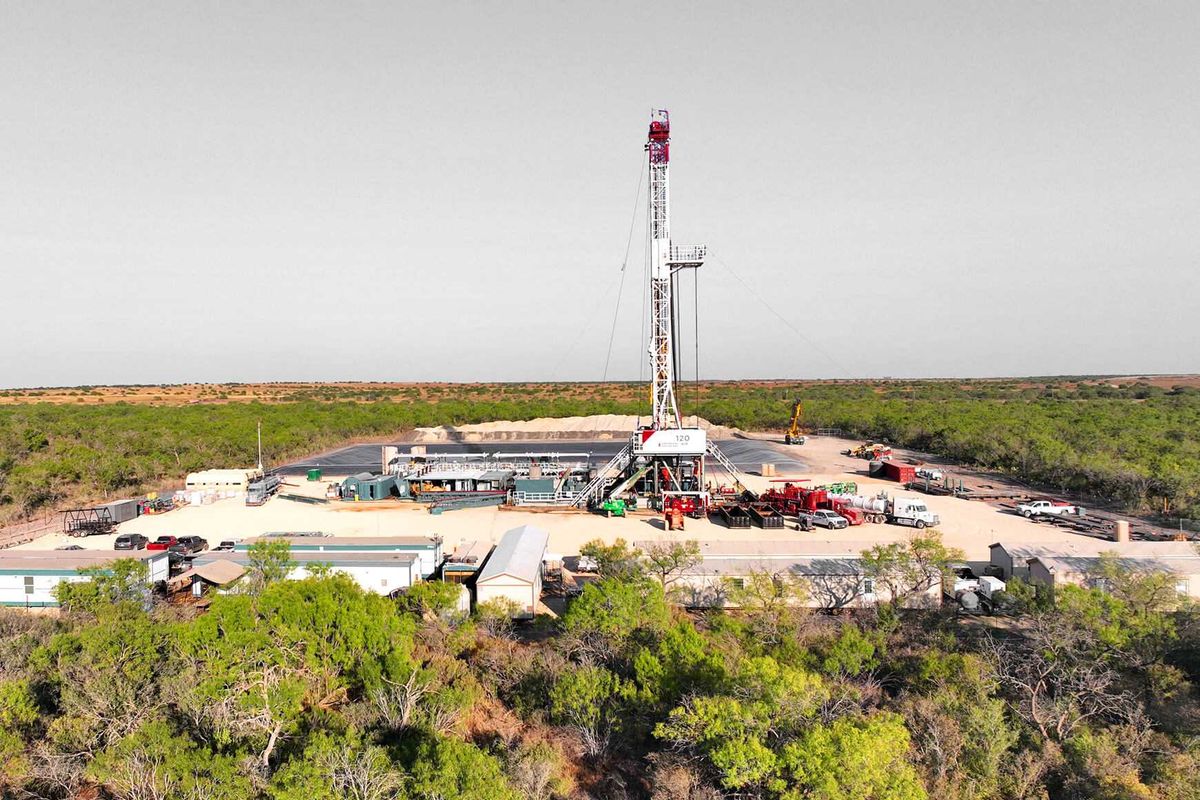guest column
Houston expert shares strategies for addressing the energy industry’s potential workforce shortages
The energy industry, a vital part of Houston’s business ecosystem, faces the challenge of a shrinking workforce.
A U.S. Chamber of Commerce report indicates the workforce has nearly two million fewer workers today as compared to February 2020. A considerable part of this decline can be attributed to retirement and early retirement rates, with the pandemic prompting three million people to early retirement. Furthermore, with an estimated 10,000 Baby Boomers turning 65 daily, the entire generation is expected to reach retirement age by 2030.
The tight labor market, coupled with the growing brain drain associated with retirement rates, should serve as a wake-up call for employers in the energy sector. There are tried-and-true strategies to prepare businesses for waves of retirement and ensure the knowledge does not walk out the door.
Upskilling: Invest in the workforce
Knowledge and skills go with workers are they retire. To mitigate the brain drain, companies need to invest in upskilling their existing employees and new hires. Establishing formal training and development opportunities can help enrich the workforce to pick up the responsibilities of retiring colleagues. This investment ensures a smooth transition, shows employees they are valued by the organization, and increases employee loyalty and engagement.
Adopting innovative training programs that cater to the specific needs of the energy sector is one approach. Technologies rapidly evolve, and employees must stay current to remain effective in their roles. Investing in the latest training programs, workshops and certifications will enable the workforce to thrive in a rapidly changing industry.
Mentoring programs: Pass the torch
Mentorship programs can play a pivotal role as more employees retire. Experienced employees nearing retirement can mentor younger workers, transferring knowledge and skills while ensuring a seamless transition of expertise. The value of mentorship programs can be priceless for an organization as they help transfer on-the-job learning and experiences that are not taught in the classroom.
A structured mentorship program usually proves most effective as it outlines the responsibilities of the mentors and mentees. A structured approach, which should have built-in accountability measures, ensures there is a productive knowledge transfer process.
Intentional recruitment: Attract and retain talent
A proactive recruitment approach is essential as businesses work to fill knowledge gaps. Companies in the energy sector should seek out talent to bridge the generational divide. This may include targeting candidates who have the relevant skills and knowledge, yet they are willing to adapt to the industry’s changing landscape.
Workplace culture is still a relevant and important component of attracting and retaining top-notch talent. Beyond competitive compensations packages, today’s job candidates look for growth opportunities and a focus on work-life balance.
Retaining knowledge: Document the expertise
Institutional knowledge will walk out the door as experienced employees retire. Companies can prepare for and mitigate the knowledge migration with knowledge-sharing systems and comprehensive documentation processes. An established process can help preserve information that may seem like second nature to more experienced employees and make it accessible to current and future employees. Asking retiring employees to document their expertise and best practices can safeguard their insights within the organization.
Covering bases: Create an alumni network
Retirement does not always mean the employee wants to hang up their proverbial hat entirely. Filling the knowledge gap as employees retire can be daunting. However, the development of an alumni network can extend the life of the institutional knowledge and knowledge-sharing process. Bringing back retirees on a project basis or to consult is a solution benefiting everyone involved.
Every industry must prepare for the impending wave of retirements. The energy industry’s significant impact on the Houston economy requires proactive and thoughtful solutions. The tight labor market and retirement rates should have businesses in this sector working diligently to fill the upcoming knowledge gaps through upskilling, mentoring, intentional recruitment, knowledge-sharing systems and alumni networks. Taking these steps now, the energy industry can circumnavigate workforce shortages and prepare for continued success.
———
Jill Chapman is a director of early talent programs with Insperity, a leading provider of human resources and business performance solutions.










